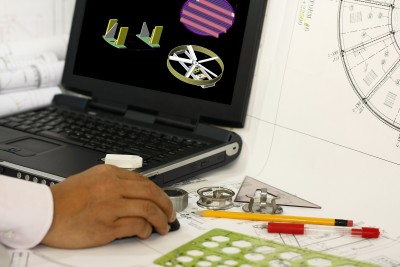A forum for academic in mechanical engineering
Academics in Mechanical Engineering (AiME) is a Sectoral Group of the Engineering Professors’ Council (EPC). We aim to act as a forum for the exchange and dissemination of information and to promote issues of interest to, and concern of, academic leaders in departments of Mechanical Engineering in universities in the UK.
Each year, we hold a conference, jointly with PHEE, on matters of interest to mechanical and electrical engineers working in UK higher education.
Annual PHEE-AiME Conference: Post Pandemic Innovations in Engineering Education
PHEE is pleased to invite you to attend the annual PHEE-AiME Conference which will now be delivered online in a half day. The event is co-sponsored by the EPC.
The Conference takes place on the morning of Wednesday 7th June 2023 with the theme: Post Pandemic Innovations in Engineering Education. Please click here for further information and to register.
AiME has replaced PHOMME: Clive Neal-Sturgess current Chairman
First a bit of history: PHOMME stood for Professors and Heads of Manufacturing and Mechanical Engineers and predates the EPC as originally the ”P” stood for Polytechnics, which became a Sectoral Group of the EPC in the late 80’s.
The name has has been wrong for a number of years when the Manufacturing Engineers became the Committee of Manufacturing Heads (COMEH).
Secondly the current situation: Originally the EPC did cater for Professors and Heads and ran appropriate events. However, it emerged that although ALL academic staff are members of EPC (not just Professors) this is not generally known. and led to a change of emphasis to the “Engineering Academics Network” (EAN). This gave us the impetus to change the name and become an EAN Community, which is where you can find us on the website, and where we will be posting future events.
At present our only annual event is a joint one-day conference in conjunction with PHEE (Professors and Heads of Electrical and Electronic Engineering), which also involves a couple of planning meetings, normally by Zoom.
The future: We are hoping that changing the name and broadening the scope will bring more people in to the network, and people will engage with website by posting topics for discussion. We currently have a small committee of four people which we would like to expand; if anyone is interested could you contact Richard Lillington (AiME Secretary) at: r.lillington@aston.ac.uk.
We look forward to hearing from you; best wishes Clive (c.e.n.sturgess@bham.ac.uk)
